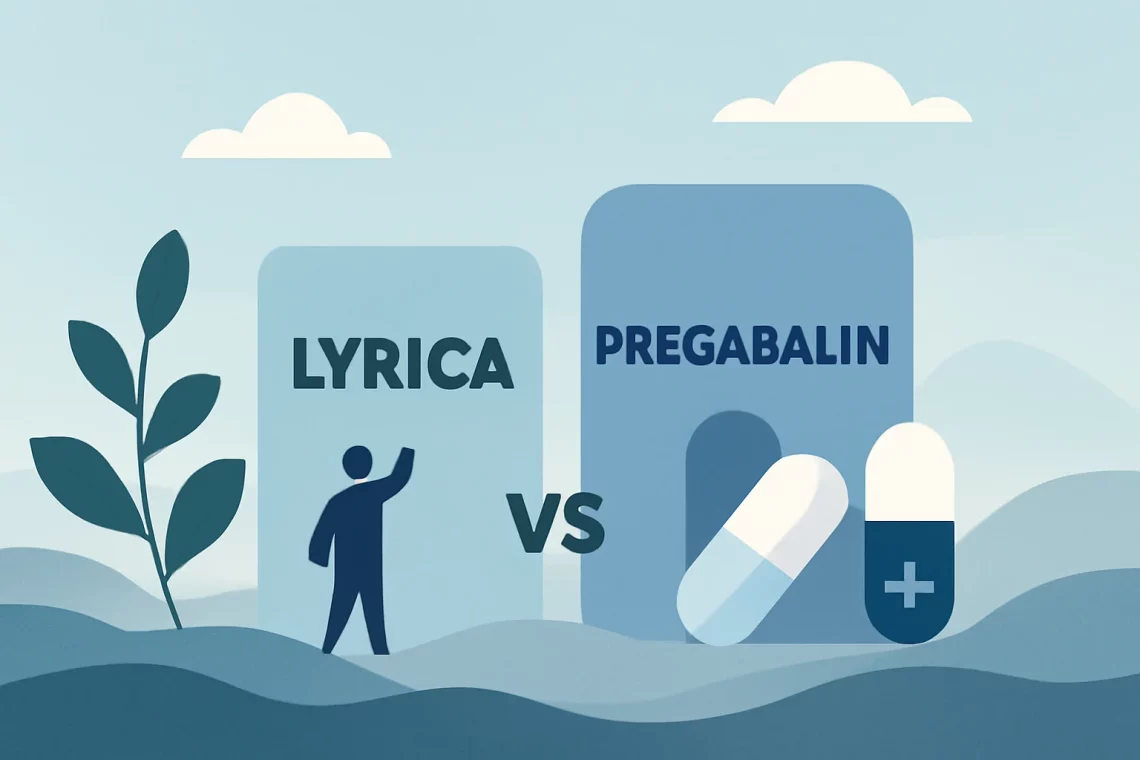-
Amlodipine vs Nifedipine: Which is Better for Your Heart Health?
Amlodipine and nifedipine are both medications used primarily in the management of hypertension and certain forms of angina. As calcium channel blockers, they work by relaxing the blood vessels, allowing for improved blood flow and reduced strain on the heart. Although they share a common mechanism, the two medications differ in their pharmacological properties, indications, and side effects. Understanding these differences can help patients and healthcare providers make informed decisions regarding the best treatment options. Hypertension, often referred to as high blood pressure, is a chronic condition that can lead to severe health complications if not managed properly. The prevalence of hypertension has been on the rise, prompting the need…
-
Xarelto vs Pradaxa: Which Anticoagulant Is Right for You?
Xarelto and Pradaxa are two popular anticoagulant medications that have transformed the management of various cardiovascular conditions. These drugs are primarily used to prevent and treat blood clots, thereby reducing the risk of serious complications such as stroke and heart attack. With the increasing prevalence of conditions like atrial fibrillation and venous thromboembolism, understanding the differences and similarities between Xarelto and Pradaxa has become essential for both patients and healthcare providers. Patients often find themselves at a crossroads when choosing between these two medications. Both have distinct mechanisms of action, dosing regimens, and side effect profiles that can influence treatment decisions. Additionally, factors such as lifestyle, medical history, and potential…
-
Omeprazole vs Rabeprazole: A Comprehensive Comparison of Two PPIs
Omeprazole and rabeprazole are two medications that belong to a class of drugs known as proton pump inhibitors (PPIs). These medications are widely used to treat various gastrointestinal disorders, primarily by reducing the production of stomach acid. For many individuals suffering from conditions such as gastroesophageal reflux disease (GERD), peptic ulcers, or Zollinger-Ellison syndrome, PPIs provide significant relief by alleviating symptoms and promoting healing of the esophagus and stomach lining. Despite their similarities in action, omeprazole and rabeprazole have distinct characteristics that may influence a physician’s decision when prescribing these medications. Factors such as efficacy, side effects, drug interactions, and patient-specific considerations can all play a role in determining which…
-
Metformin vs Glucophage: Understanding Their Differences and Uses
Metformin and Glucophage are two terms that are often mentioned in the context of diabetes management. For many individuals diagnosed with type 2 diabetes, understanding the medications available to them is crucial for effective management of their condition. Both Metformin and Glucophage are widely prescribed to help control blood sugar levels, but there is often confusion regarding their differences and similarities. This confusion can stem from the fact that Metformin is the generic name of the medication, while Glucophage is a brand name for the same active ingredient. As the prevalence of diabetes continues to rise globally, it is essential to demystify these medications and understand their mechanisms, benefits, and…
-
Lyrica vs Baclofen: A Comprehensive Comparison of Uses and Effects
Lyrica and Baclofen are two medications often used to manage different types of pain and neurological conditions. Each has distinct mechanisms of action, benefits, and side effects, making them suitable for various patients and conditions. Lyrica, the brand name for pregabalin, primarily targets neuropathic pain and seizures, while Baclofen is a muscle relaxant predominantly used for spasticity related to neurological disorders. Understanding the differences between these two medications is crucial for patients and healthcare providers in order to choose the most appropriate treatment options. The decision to use Lyrica or Baclofen can be influenced by factors such as the specific condition being treated, the patient’s medical history, and the potential…
-
Lyrica vs Pregabalin: Understanding the Differences and Uses
Lyrica and pregabalin are terms that often arise in discussions surrounding the treatment of various neurological and chronic pain conditions. As both a brand name and the generic name of the same medication, pregabalin is widely recognized for its role in managing conditions such as epilepsy, fibromyalgia, and neuropathic pain. The drug is classified as an anticonvulsant and works by modulating neurotransmitter release in the brain, which can help alleviate symptoms in patients suffering from these debilitating conditions. The distinction between Lyrica and pregabalin is especially relevant in the context of prescription medication, where patients may encounter both terms during their treatment journey. While the active ingredient remains the same,…
-
Pantoprazole vs Lansoprazole: Which Proton Pump Inhibitor is Better?
In recent years, the prevalence of gastrointestinal disorders has increased, leading to a greater need for effective treatments. Among these treatments, proton pump inhibitors (PPIs) have gained popularity for their ability to reduce stomach acid production. Two of the most commonly prescribed PPIs are pantoprazole and lansoprazole. Both medications are effective in treating conditions such as gastroesophageal reflux disease (GERD) and peptic ulcers, but they have different profiles in terms of efficacy, side effects, and usage. Understanding the differences and similarities between these two medications can help patients and healthcare providers make informed decisions regarding treatment options. As more individuals seek relief from acid-related disorders, the choice between pantoprazole and…
-
Vraylar vs Geodon: A Comprehensive Comparison of Antipsychotic Medications
Vraylar and Geodon are both medications commonly used in the treatment of mental health disorders, particularly schizophrenia and bipolar disorder. Each of these drugs belongs to a class known as atypical antipsychotics, which are designed to help manage symptoms of these conditions by altering the effects of neurotransmitters in the brain. The choice between Vraylar and Geodon can significantly impact a patient’s quality of life, as both medications have different mechanisms of action, side effects, and efficacy profiles. In recent years, there has been a growing interest in understanding how these medications compare, as patients and healthcare providers alike seek the most effective treatment options available. Factors such as dosage,…
-
Fentanyl vs Tramadol: Understanding Pain Management Options
Fentanyl and tramadol are two medications that have gained significant attention in the medical community and the media alike. Both are used to treat pain, but they operate in fundamentally different ways and belong to different classes of pain relief medications. Fentanyl, a potent synthetic opioid, is often utilized in severe pain management scenarios, especially for patients undergoing major surgeries or experiencing extreme discomfort. In contrast, tramadol is classified as a non-opioid analgesic with a dual mechanism of action that makes it more suitable for moderate pain relief. The rise in the use of both medications has sparked discussions about their safety, efficacy, and potential for addiction. Fentanyl is notorious…
-
Doxycycline vs Minocycline: Which Antibiotic is Right for You?
Doxycycline and minocycline are both antibiotics belonging to the tetracycline class, commonly prescribed for various bacterial infections. While they share similar mechanisms of action and therapeutic uses, each has unique properties that can influence their effectiveness, side effects, and suitability for different patient populations. Understanding the distinctions between these two medications is essential for healthcare providers, patients, and anyone interested in antibiotic treatment options. As antibiotic resistance continues to rise, knowing the most appropriate antibiotic for specific conditions is crucial. Factors such as the type of infection, individual patient response, and potential side effects can all play significant roles in determining whether doxycycline or minocycline is the better choice. This…







































